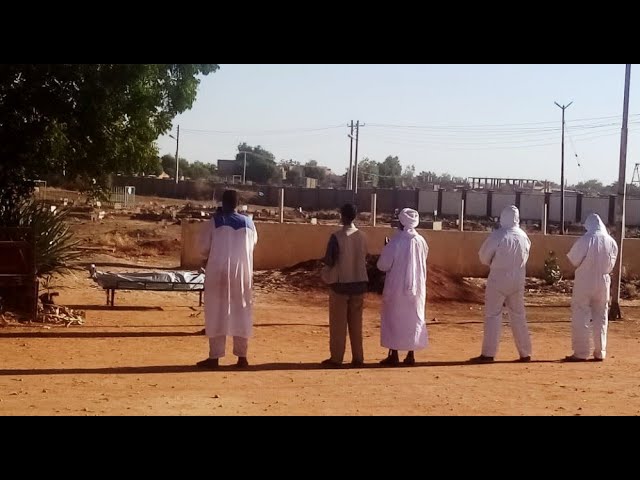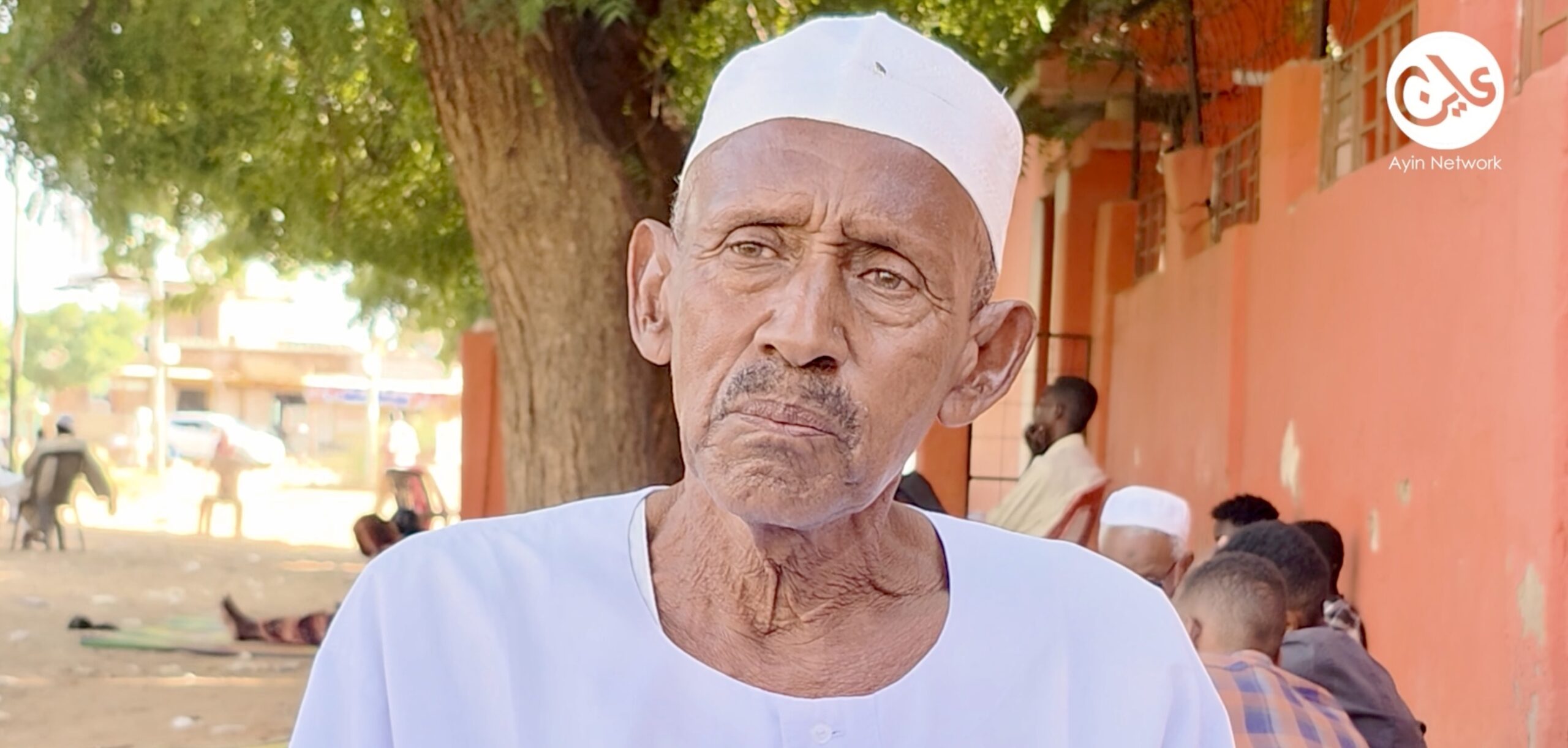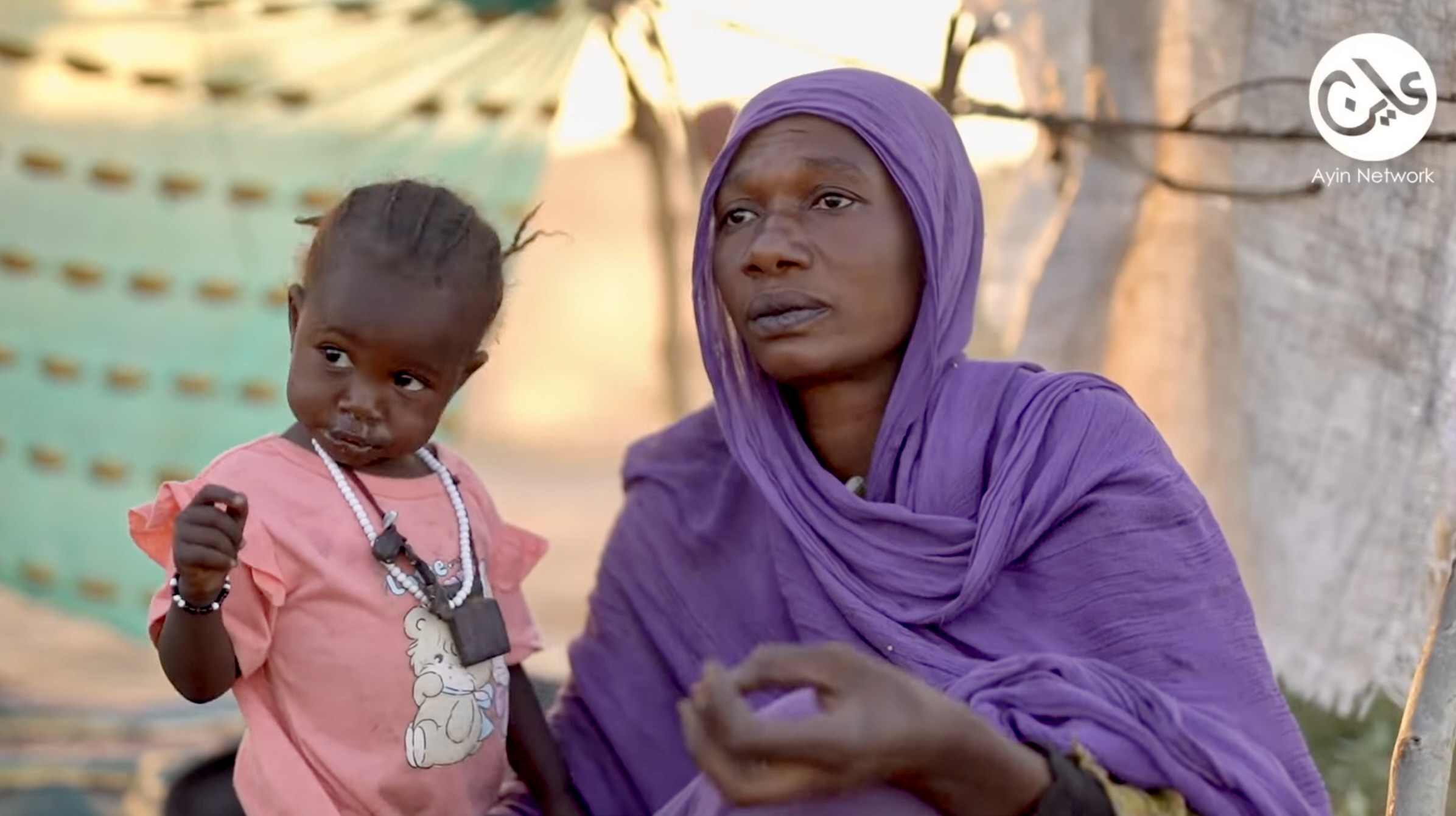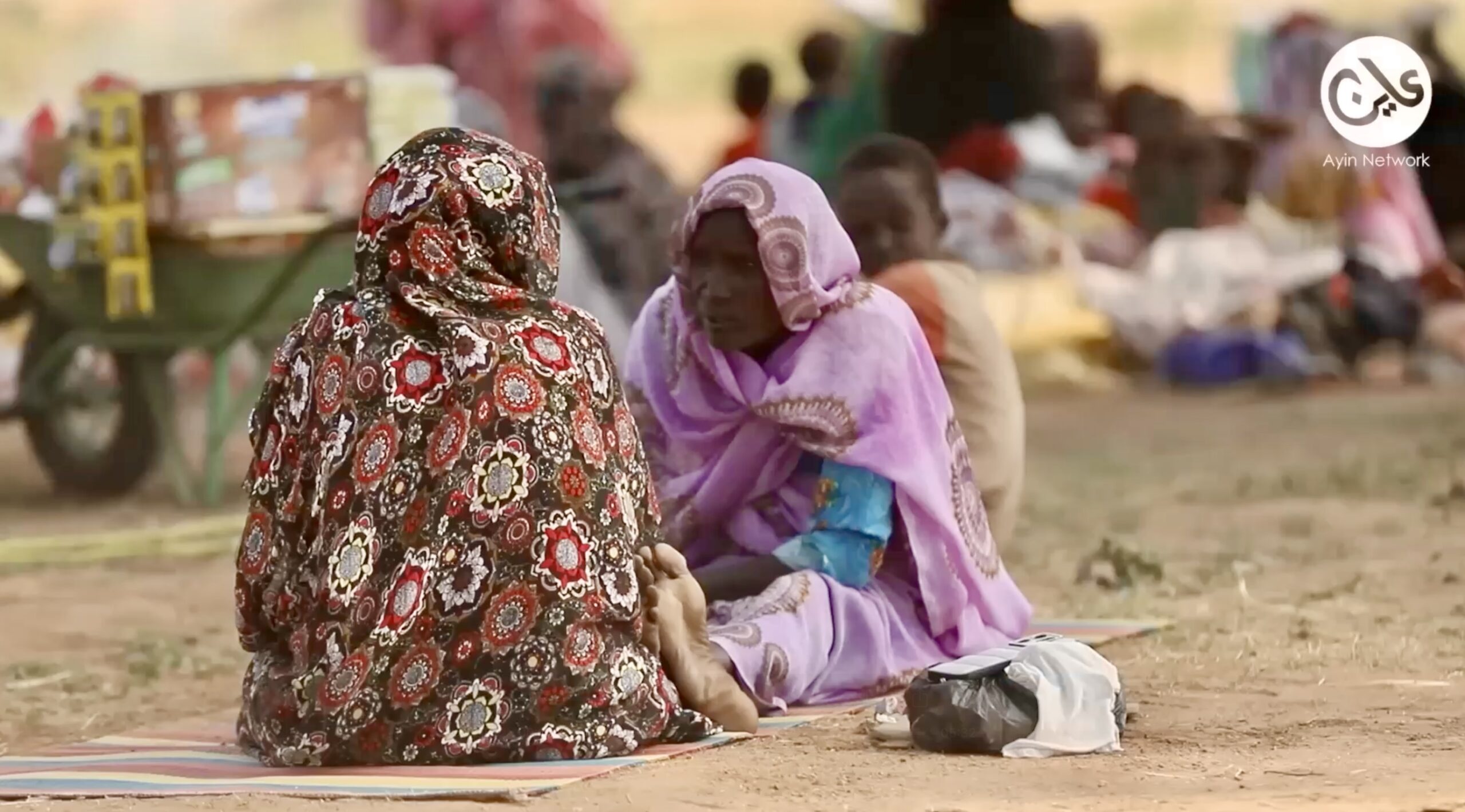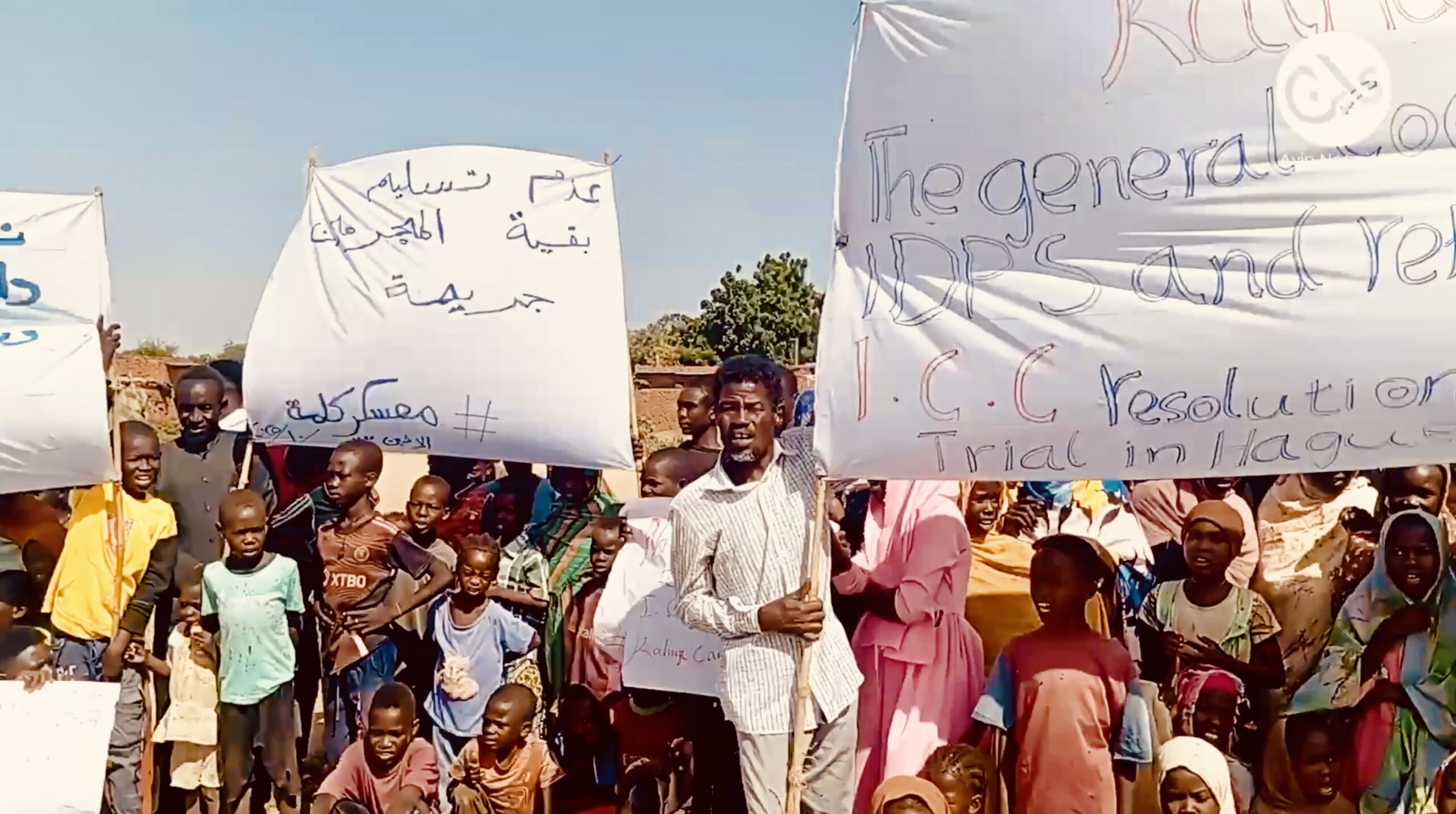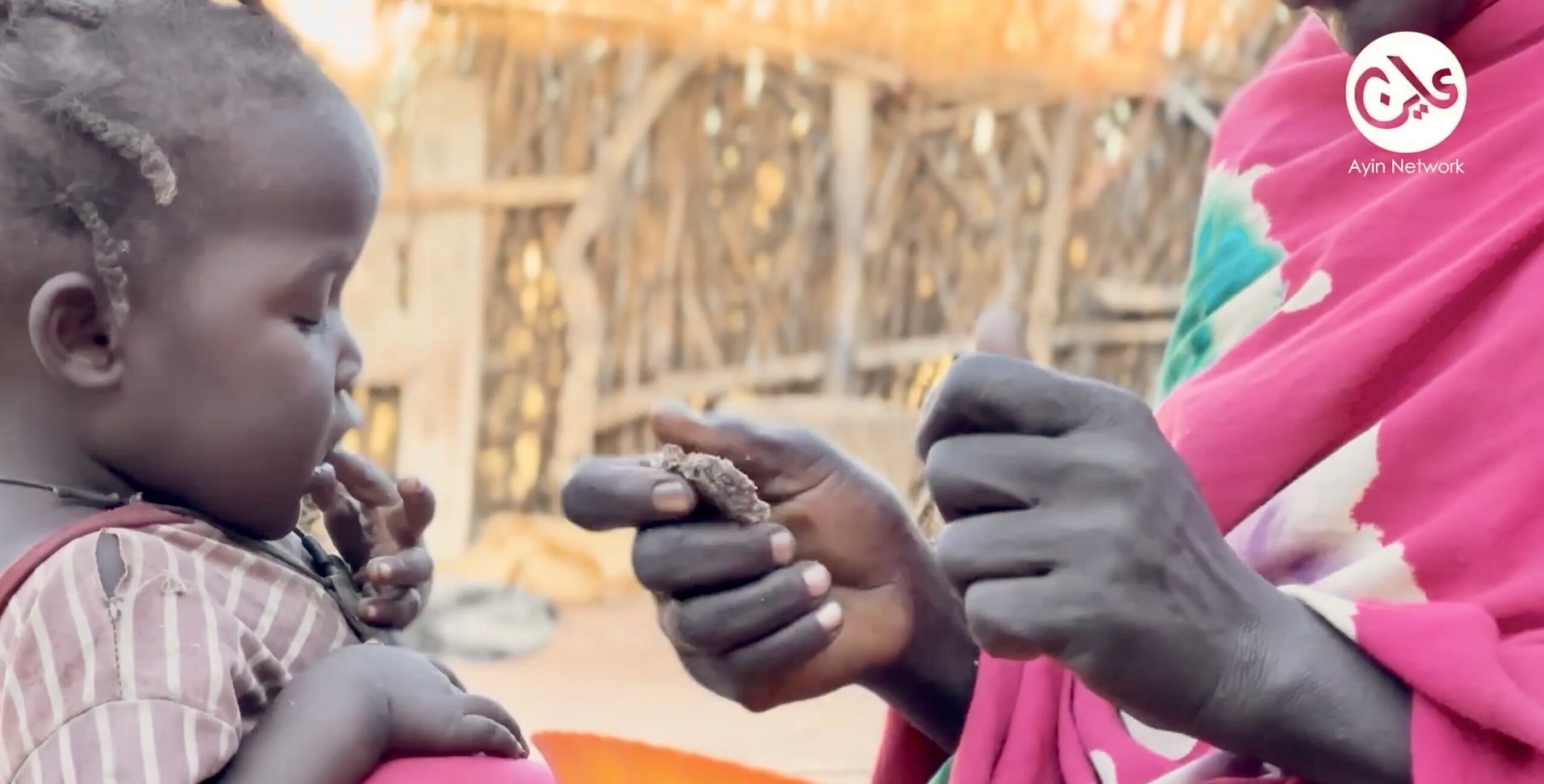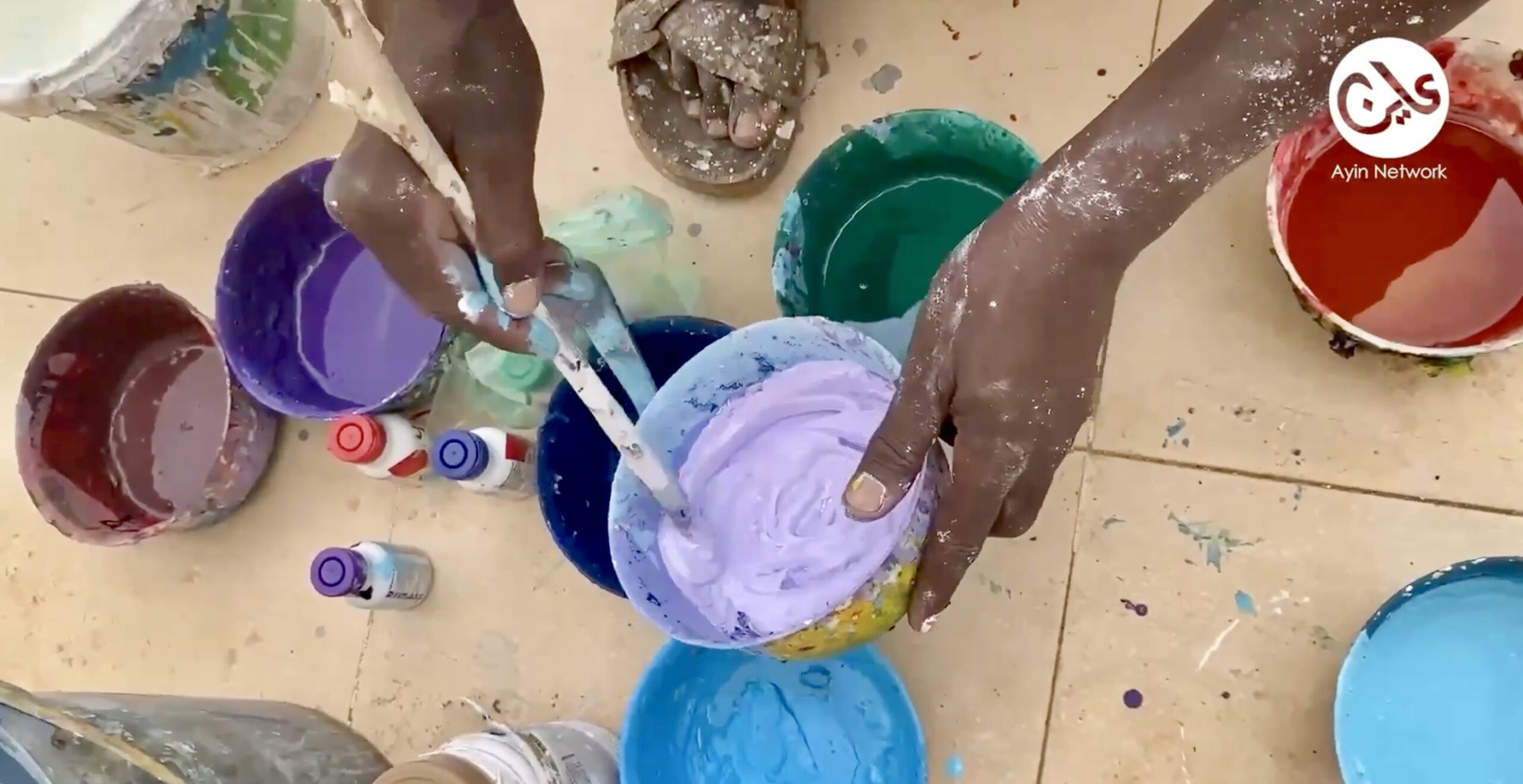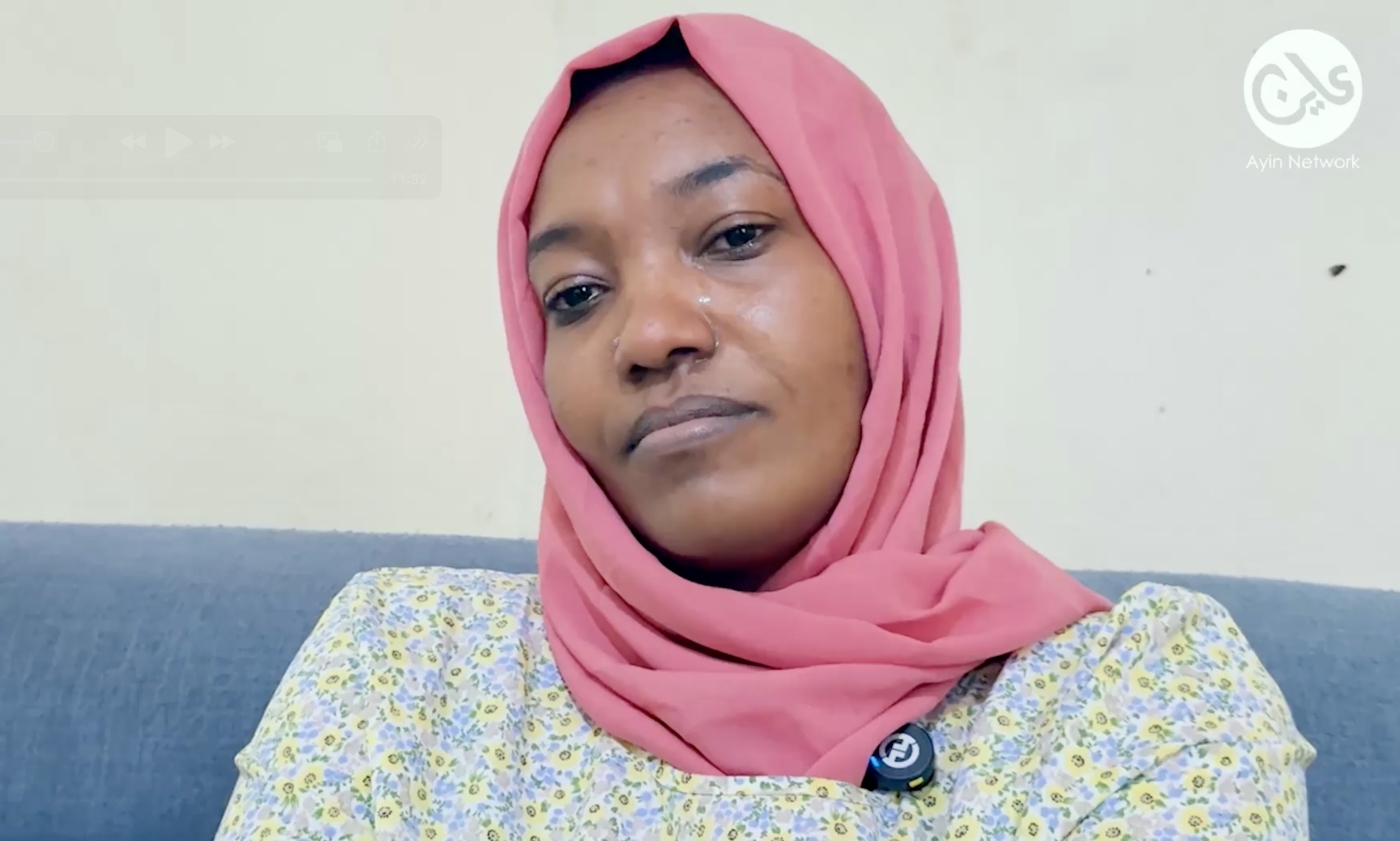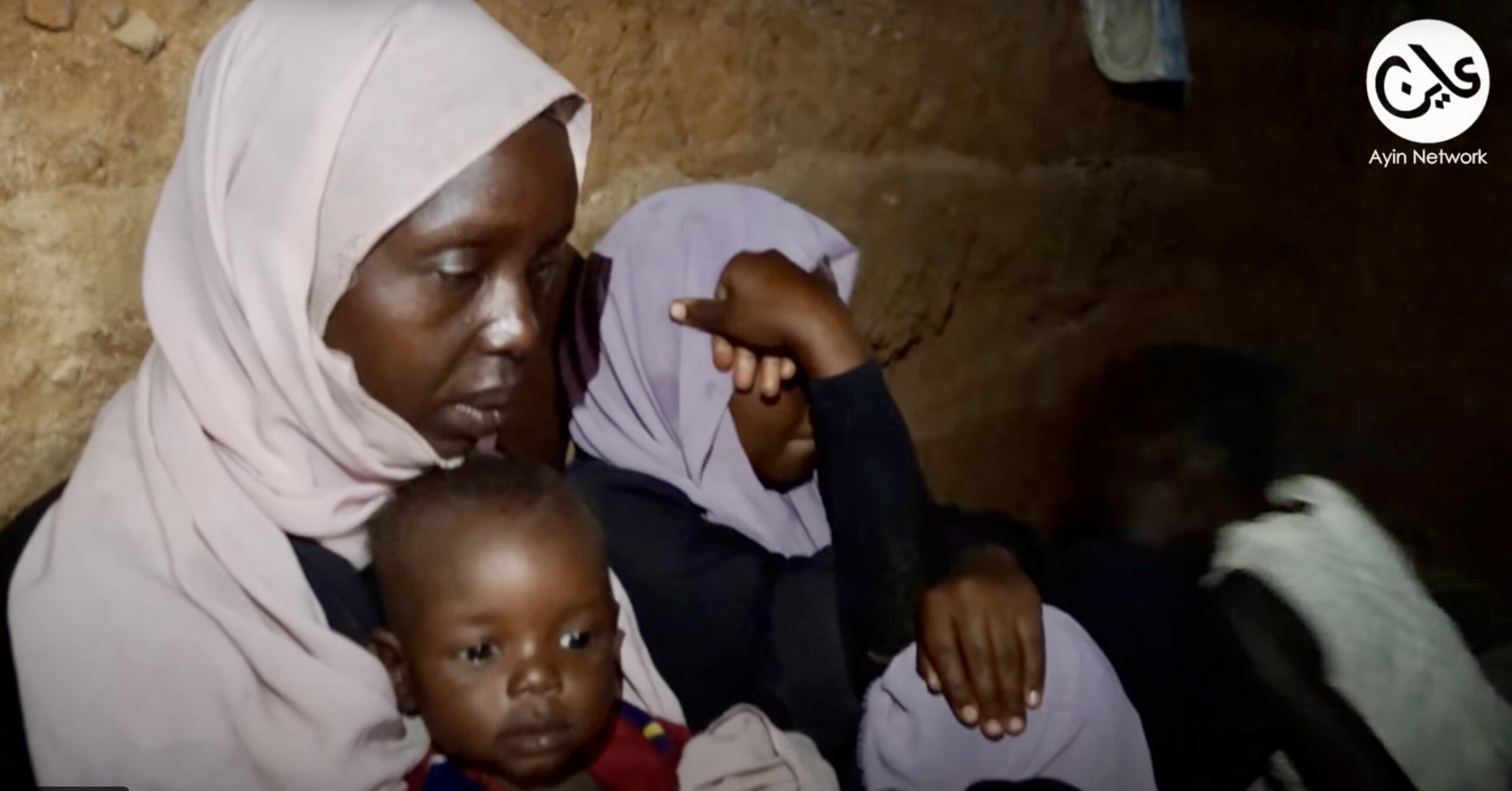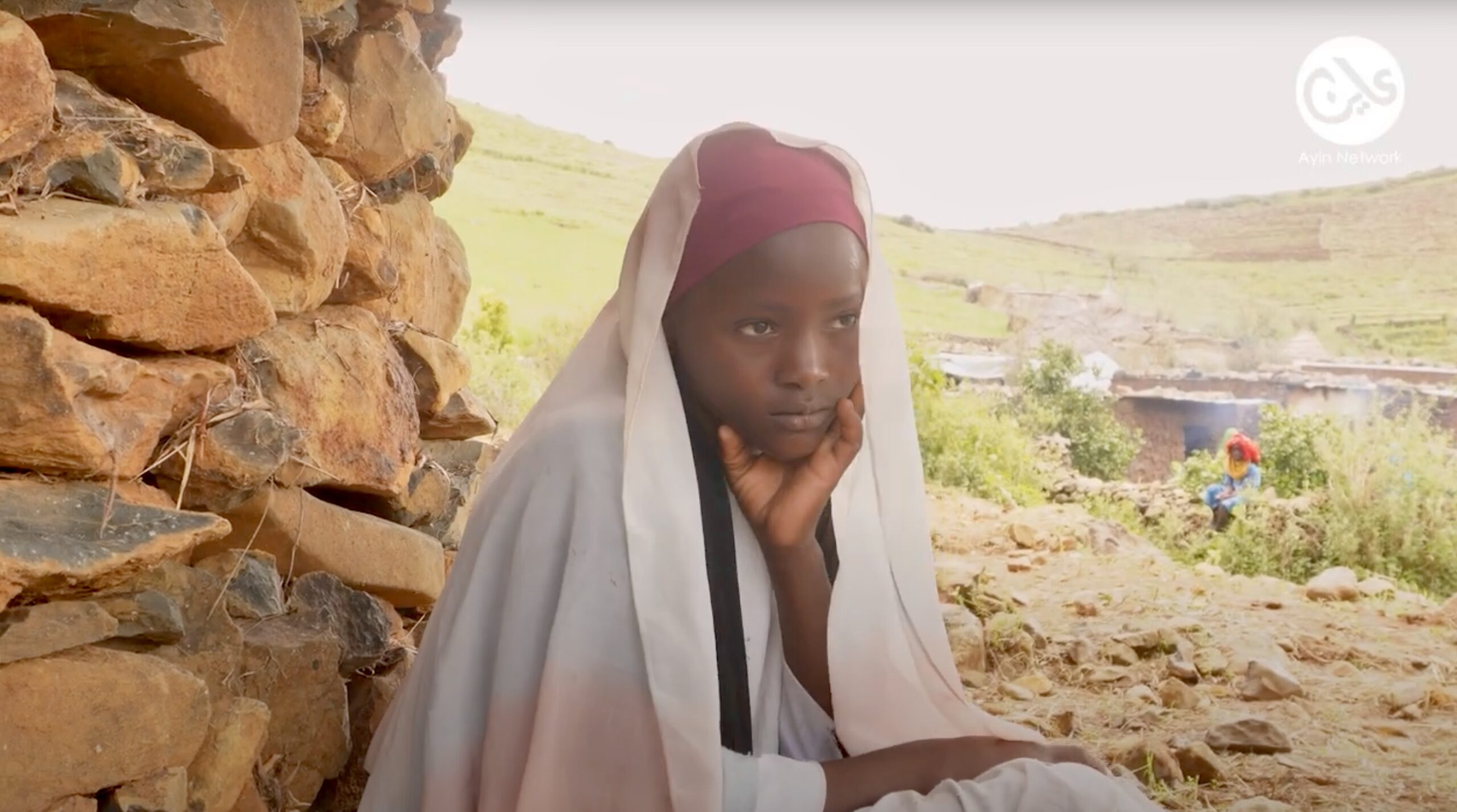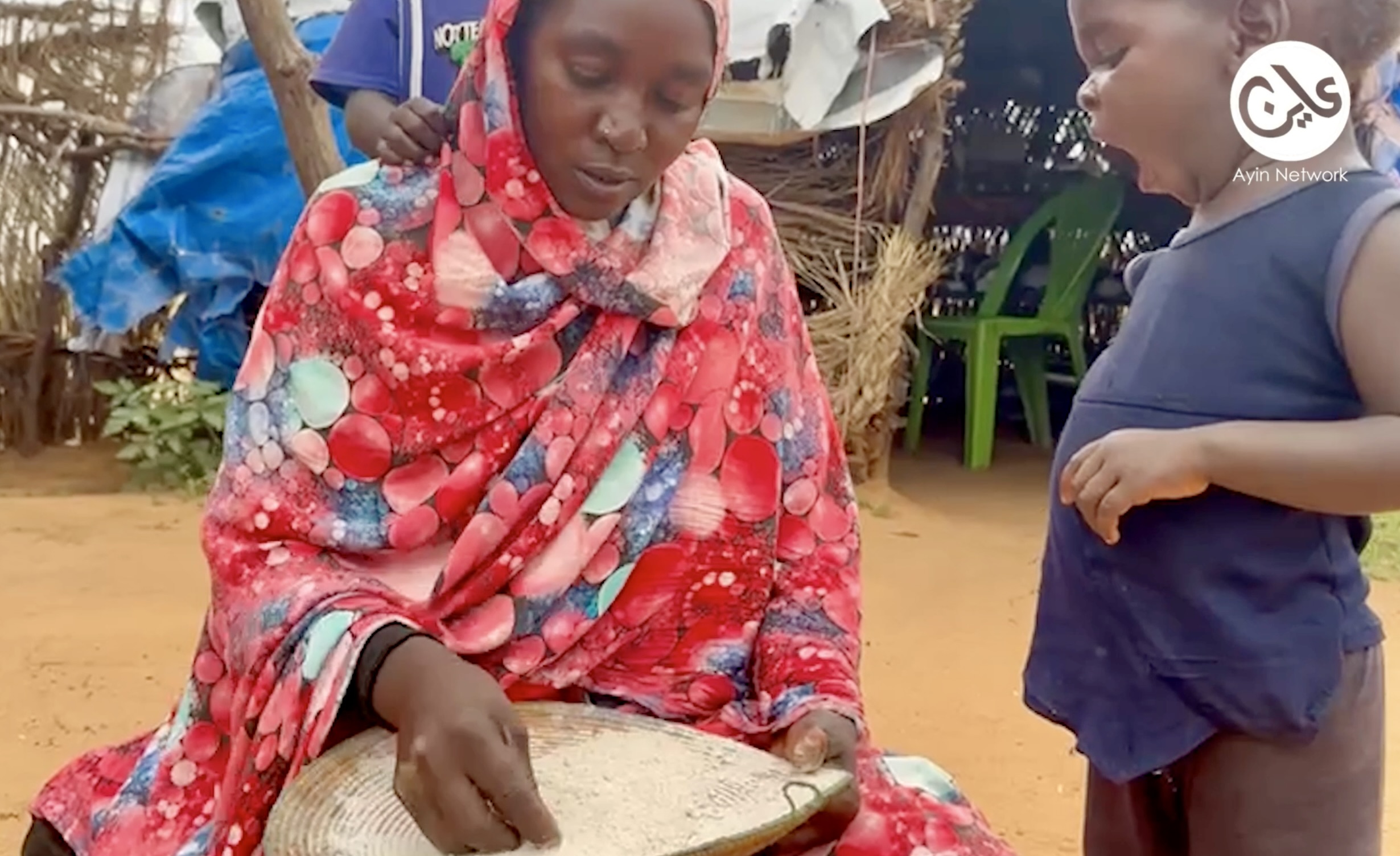Rickshaw burial: Al Jazeera State struggles with Covid’s second wave
21 February 2021
Ordinarily, the scene would have been shocking for residents of the city Wad Medani in Al-Jazeera State, central Sudan. But people viewed the dead body of another Covid-19 patient, lying on the back of the trunk of a car, as a common phenomenon in these times –especially during the second wave of the pandemic.
A collapsing health system where equipment, medicine and medical personnel are in short supply has induced families to cut corners while dealing with the Coronavirus –where relatives are forced to carry their deceased loved ones on the back of the family car.
Dr Tamadur Al-Sheikh, a doctor at the Intermediate Isolation Centre for Covid patients, one of three in the state’s capital city, Wad Medani, has become accustomed to the high levels of infection. “The number of positive cases is more than the negative cases, while deaths may reach seven per day,” she said.
Inside what appears to be an abandoned building adjacent to the Nile River in Wad Medani is the main office of the Doctor’s Union. “Noting indicates a decline in the disease curve,” says Dr Elaf Mohamed at the Union office, a medical director in one of the Covid-19 isolation centres. “Instead, it continues to escalate and there is no control over the disease. In the first wave we were receiving one patient from the family, but the second wave exacerbated the situation with the presence of whole families getting infected with the virus, often spreading it to villages.”
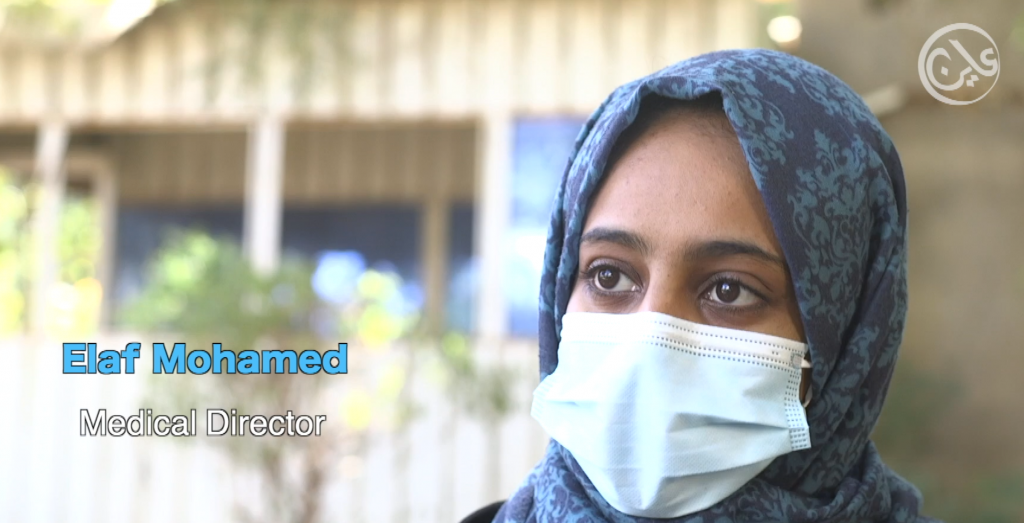
Disputed numbers
Authorities must do more to support and counter the spread of Covid-19, Dr Elaf told Ayin, as well as improve their monitoring of the virus. According to the Director-General to the state health ministry, Dr Ahmed al-Mustafa Sheikh Idris, Al-Jazeera State has had 699 Covid-19 patients and 133 related deaths since 10 January. The state official adds that they were seeing roughly 20 new cases per day. But Dr Elaf questions these figures since authorities have often ignored the data forwarded by doctors concerning Corona-related deaths. “From our side, a detailed report is delivered on a daily basis, but in the federal statistics, inconsistent information appears, and there is no specialized epidemiologist inside the isolation centres to upload data. We do this task doctors even though it is not really part of our job description.”
A dearth of reliable data is not the only item lacking in Al-Jazeera’s health system – there are dangerous gaps in practically all aspects of treating the virus, doctors say.
Dr Muzaffar Sir al-Khatim at the Nabat Isolation Centre in Wad Medani says there is a lack of key medical equipment available at the isolation centres. A limited state budget has left the centres without monitors to check patients’ vital signs, for instance –even crucial oxygen tanks are in short supply. The two ambulances they use often run out of fuel and medicine supplies are never satisfactory, Dr al-Khatim told Ayin. “Sad things are happening inside the isolation centres.” The state’s Health Director, Dr Sheikh Idris, acknowledges the state’s fiscal deficit prevents them from providing adequate treatment. He adds that the increase in Covid-19 cases has made all the isolation centres full. “We have resorted to expanding the intermediate isolation centre, adding an additional 20 beds. We also hope to open new centres,” he said. According to the state health director, providing oxygen is one of the biggest challenges facing his ministry. A patient requires around 5 – 6 oxygen cylinders per day, he said, while the isolation centres need daily around a prohibitive 150 – 200 cylinders.
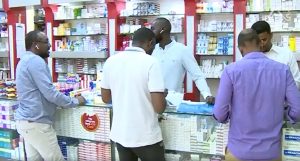 Drug crisis
Drug crisis
The lack of state capital has also prevented the government from importing and subsidising crucial medicines for Al-Jazeera State, Dr Idris said. Opportunist traders in the black market have filled the gap in drug availability –sometimes selling life-saving medicine at an inflated price. Wad Medani pharmacist Youssef Al-Houri told Ayin that these traders exploit the needs of the pharmacies and earn huge sums from desperate citizens. Diabetes treatment at the regular, government subsidised rate would cost 100 Sudanese Pounds, Al-Houri said, while traders will sell it at double this amount to citizens in Wad Medani. “It is an amazing thing to buy medicine from tea sellers,” says Al-Houri. “We need general monitoring and strict penalties for violators – how does the medicine get into the hands of these people?” Dr Idris acknowledges the problem but argues it is not purely a state phenomenon, but a national issue. The Federal Ministry of Health has proposed pumping US$ 600 into medicine purchases to ensure medical supplies are available, reducing market speculation, he added.
Finally, and perhaps most pertinent, doctors are in short supply. Dr Elaf Mohamed says there are around 15 doctors working in Wad Medani’s three isolation centres – while each centre would ideally require a minimum of 24 doctors to adequately manage the caseloads. With limited staff, Dr Mohamed said, the doctors are working 24 – 36 hour shifts.
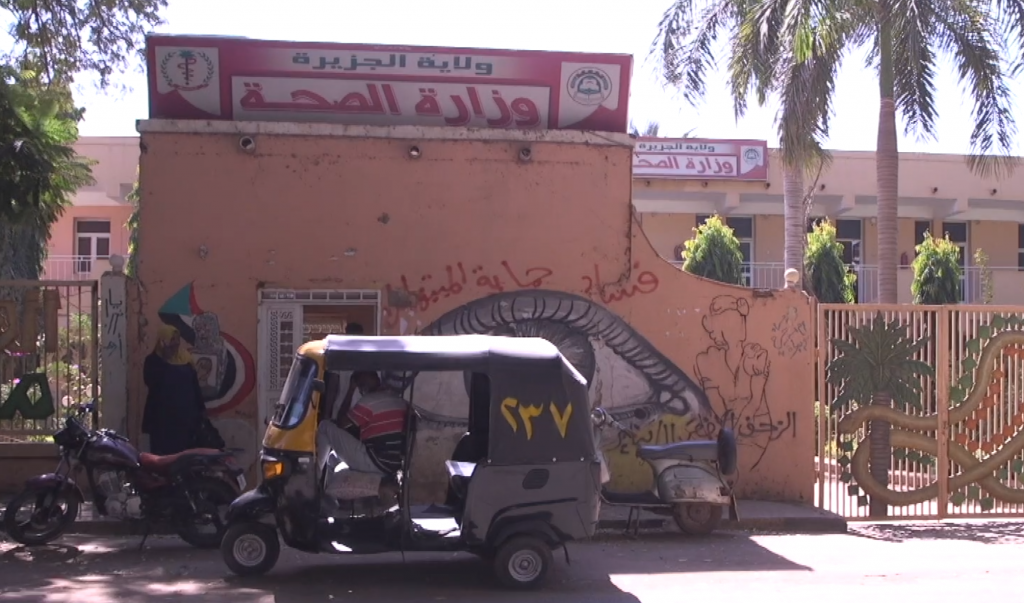
Abandoned dead
With limited state support, including medical professionals and equipment, volunteers are left to carry out critical tasks such as disposing of the bodies of Covid-19 patients. Wad Medani volunteer Abdin Al-Rasheed fears transmitting the virus to his family due to the lack of protective gear. “Two volunteers wash the dead inside the isolation centre and other volunteers transport the bodies,” he said. Volunteers like 60-year old Ezzeldin Ahmed Hussein help bury the dead, often digging around 6 – 13 graves per day. During the first wave of the virus, Ezzeldin Ahmed said, there was a certain level of coordination between authorities and the volunteers but now they are just left alone to handle the Covid related deaths without state support. In some cases, he said, relatives to the deceased abandon their loved ones at the isolation centre, lacking the funds to bury the body. “There are people who have abandoned their dead at the isolation centres since the health authorities did not provide any help to transfer the bodies,” Ezzeldin Ahmed said. “In these cases, we transfer the body to bury via rickshaw [a three-wheel motor taxi), which is shameful for the state ministry.”




